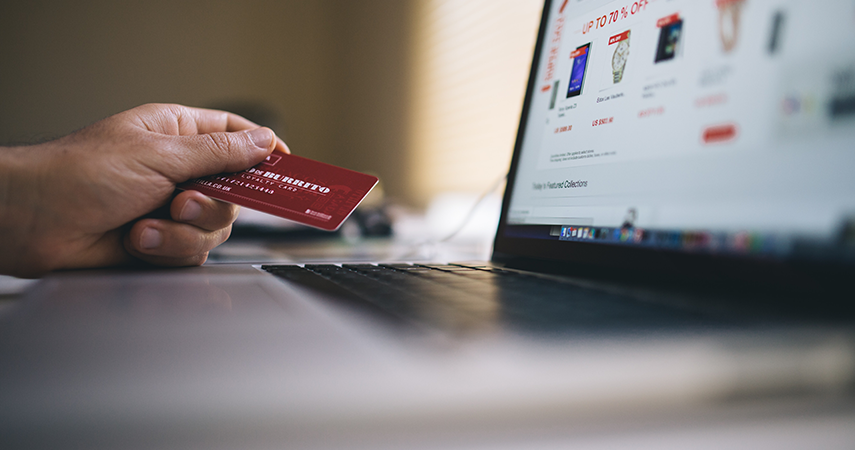How to avoid e-crime

Although there’s no single definition of e-crime, the meaning is not hard to grasp. Usually, it’s an unlawful activity that involves computers, the internet, or other networks. Of course, some of these activities may not be strictly criminal – such as trolling – but still fall under the e-crime umbrella.
The term “e-crime” is often used as a synonym for “cybercrime” — and rightfully so. There may be subtle differences, but a clear distinction is tricky when there are no universal definitions for either term.
Best practices to safeguard against e-crime
Before getting to e-crime, let’s think about common crime. How do you avoid it?
In a sense, you don’t. Given some bad luck, you can become a victim — anyone can. But you act in a certain way that minimizes your risk. You lock the doors when going out. You avoid dark alleys and shady characters down the street. If you see something suspicious, you call the police.
In that respect, e-crime isn’t different. To stay safe online, you have to use common sense, employ security tools, and avoid the shady places on the web. That won’t make you 100% safe — nothing will — but it will make you exponentially safer.
Passwords: the weakest link in your cyber defence
It all starts and usually ends here. Cybercriminals can do the most damage to you and your finances if they take over your online identity. And sometimes, the barrier that stands between your online security and a cybercriminal is a weak password.
If a cybercriminal takes over your primary email account, they have many paths to choose from. They can send out password-change requests to the most popular services and take over your social media, e-shopping, and messaging accounts. They can search your emails for sensitive details, maybe even credit card information. They can sit and wait, read your emails, spy, and stalk you in real-time.
READ MORE: 4 Useful reasons why you need a VPN when travelling
So if you do one thing, do this: change your password to a stronger one. A strong password should be a random sequence of at least 8 upper- and lower-case letters, symbols, and numbers.
Better yet, use a password manager.
What a password should not be
- A password should not be easily guessable by someone you know.
- It should not be a mish-mash of random words — a dictionary attack will break it.
- It should not be painfully obvious, like QWERTY or 123456 or 1111111.
Two-factor authentication
Also known as 2FA or two-step verification. It’s a process when you secure your system with an additional factor: it can be a fingerprint, a retinal or facial scan, or an additional device. For example, you enter your password on your laptop (the first factor) and then you enter the confirmation code you’ve received on your phone (the second factor).
Unless you need to access the device or account instantly, you should turn on 2FA if possible. Even if your password gets stolen, the second factor should protect you from intrusion.
Public Wi-Fi — the dark alley of the web
No matter how often you walk down a narrow alley at night, you feel uneasy. The confined space and darkness makes you feel vulnerable — you know you won’t be able to spot threats in time or retreat.
That’s how you should feel every time you connect to a public Wi-Fi. Most of these hotspots have poor configuration or weak passwords. Some of them are fake — set up by the hackers themselves.
Once you connect to such a network, your traffic is an open book to any cybercriminal lurking there. That’s why a VPN is a must if you use public Wi-FI networks. It encrypts your traffic, making it undecipherable to online snoopers — including your internet service provider.
Don’t go to shady (online) neighbourhoods
A link is a teleporter — it takes you to a different place. That’s why before clicking it, you must be sure it won’t take you to a malware-infested website.
If you’re not sure where it links to, don’t click it. Furthermore, if someone you don’t know sends you a suspicious email or messages you, don’t engage. A lot of online scams are perpetrated with the help of their victim. So don’t participate.
